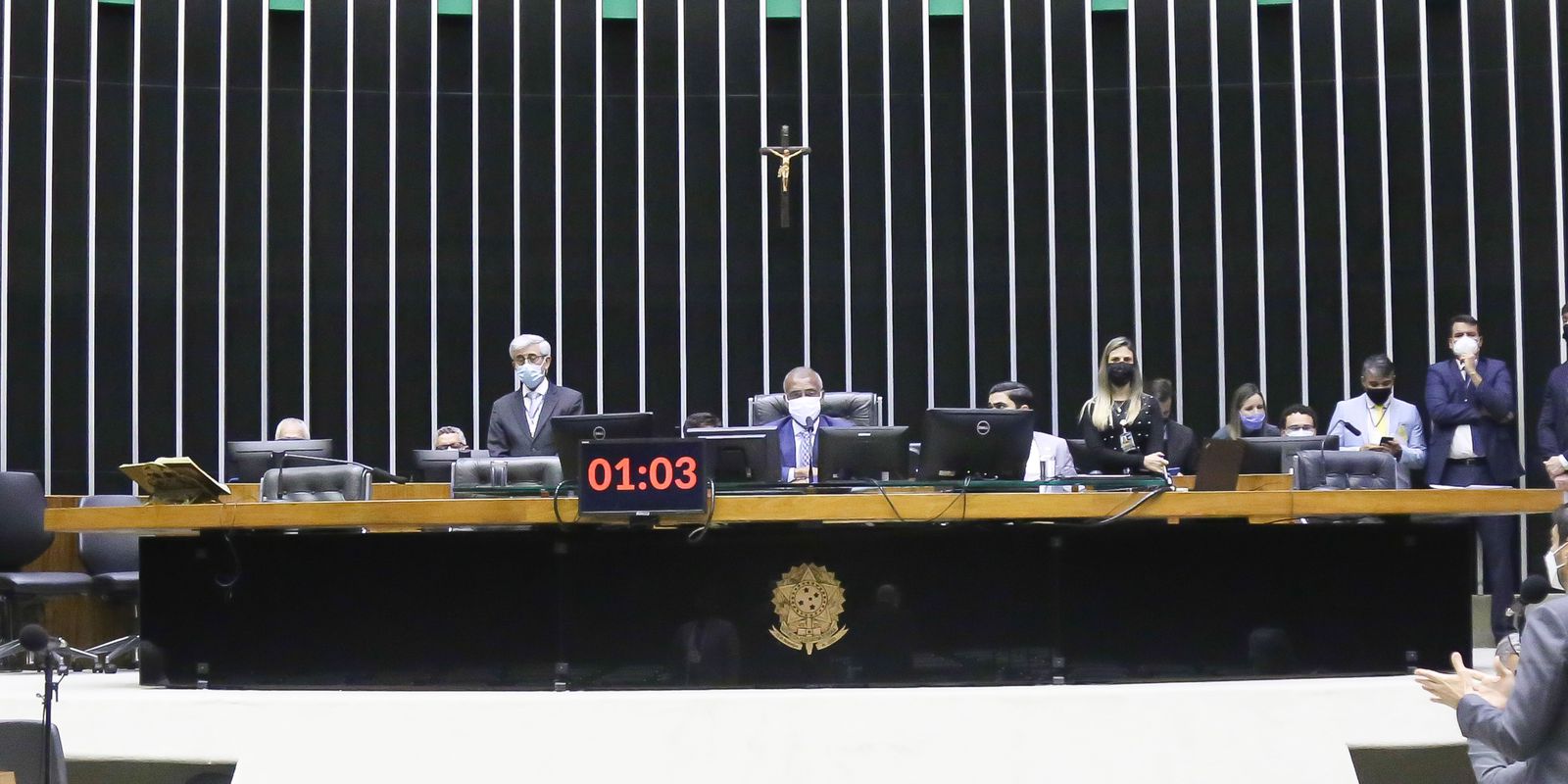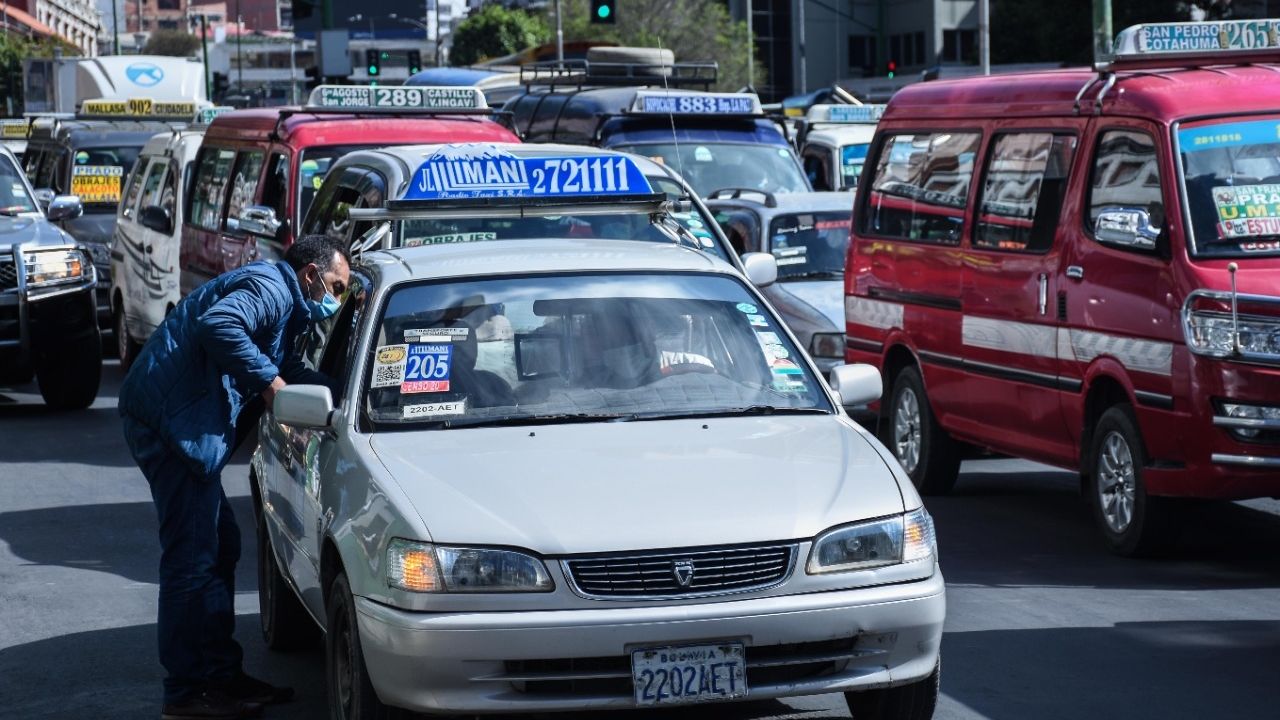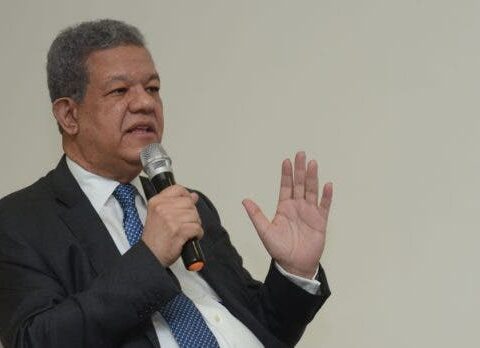The number of people dependent on a monthly payment from the Government (salary, pension or subsidy) has increased compared to 2018, which is equivalent to about 40 percent of Dominicans who receive some type of monthly income or transfer from the government funds.
Currently the burden of dependents of the State is 4.2 million inhabitants, according to a report prepared by the Regional Center for Economic and Social Strategies (Crees) under the signature of the economist Miguel Collado Di Franco.
The aforementioned expert observed a decrease in the number of public employees registered with the Social Security Treasury between 2020 and August 2021.
The data for the month of August show 41,427 fewer employees than in December 2020. Compared with the data of 2018, the reference period of the first measurement carried out by Crees, the number of public employees in the TSS went from 623,867 to 590,717 in the actuality; a reduction of 33,150 public employees who contribute to social security.
“With regard to public employment, it is important to note that, although the number of employees registered in the TSS is now lower, the amount reported in the form of salaries is higher. At the beginning of this year 2021, in January, 645,914 public jobs were reported in the TSS. This number is higher than the number of employees. Last August, the number of jobs was 630,387, “says the report.
You pay more less
Faced with a decrease in the number of jobs and employees, “and in a situation of need to manage public resources efficiently due to emergency conditions,” a decrease in the payment for personnel would be expected. This is not the reality.
Last January, the reported wage bill was RD $ 18.902 million. However, recent data for August show that the set of salaries granted in the public sector was RD $ 20.86 billion. On average, while in January RD $ 29,264 was paid per job, seven months later that amount came to represent RD $ 33,091 per month. “There has been no savings for taxpayers, just a decrease in the number of jobs and employees,” says Collado Di Franco.
With regard to retirees, the figure is currently higher than at the end of 2018. The figure has gone from 147,676 to 160,037, according to August data. The increase in the number of pensioners in the General Directorate of Retirements and Pensions has been verified since 2019.
Currently, according to Crees, in the last five years the percentage of beneficiaries of state subsidies has been higher than that of people living below the official poverty line. This means that people are not getting out of social subsidy programs and, once again, shows their historical ineffectiveness.
In 2020, the percentage of people who were below the poverty line was 23.4, while the Government granted subsidies to 31 percent of the population. Only from 2009 to 2015 did the Government pay subsidies to a smaller percentage of the number of people who were below the poverty line. In other words, in recent years, while poverty has decreased, social assistance programs have increased.
“Current spending in a general sense and within this are subsidies, we consider that it is not beneficial for public finances and is not desirable from a social point of view. The best policy that any state can carry is to encourage the creation of productive jobs with a better level of income for the inhabitants, “Collado Di Franco told Diario Libre.
Warning
Crees considers it pertinent to remember that public debt represents a risk for the sustainability of public finances. “Fiscal crises are usually related to public indebtedness and result in currency depreciation, high interest rates and inflation. The Dominican Republic must take particular care in continuing to increase public indebtedness ”.
“More investments with higher added value than we currently have is the key to generating wealth and achieving the goal of citizens with higher incomes,” he adds.
“The best policy that any State can carry is to encourage the creation of productive jobs with a better level of income for the inhabitants”









